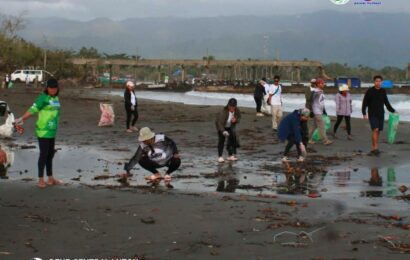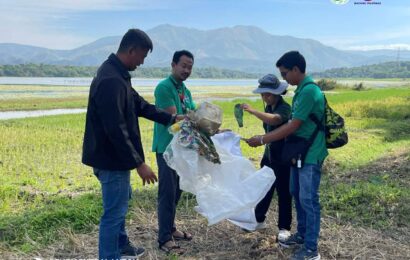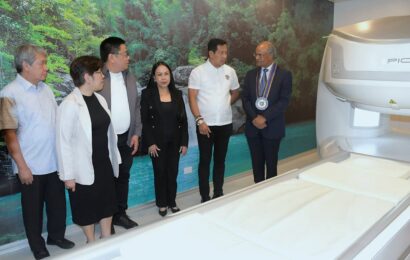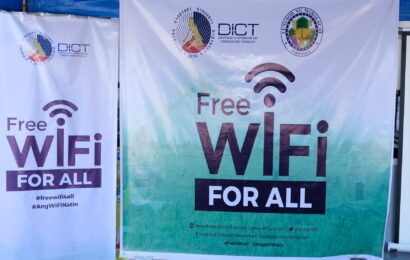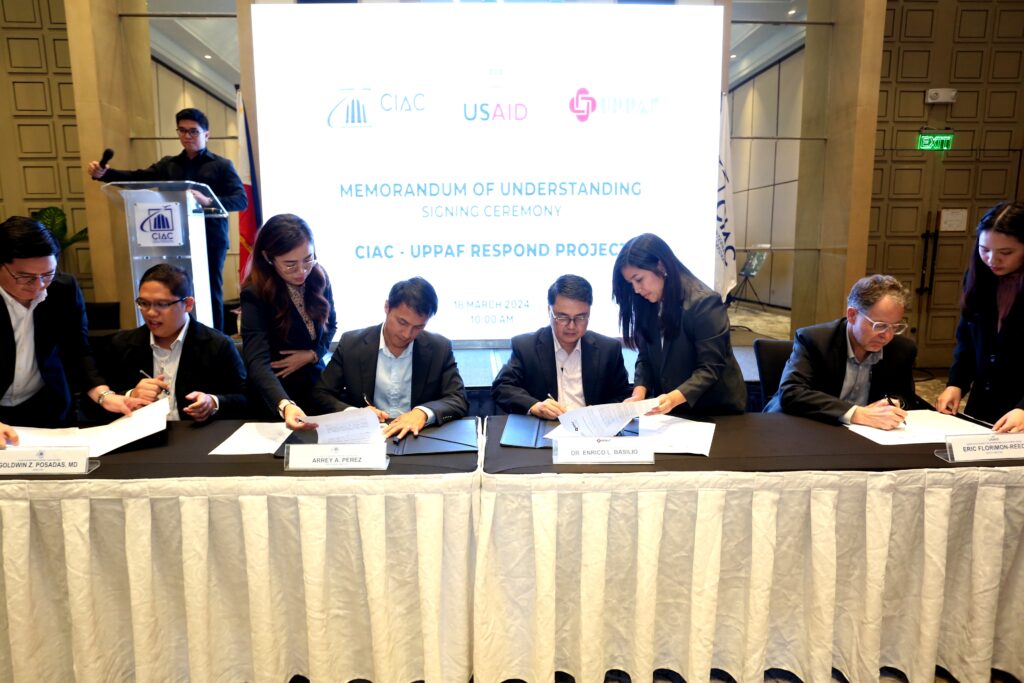
CLARK FREEPORT ZONE ⸺ The Clark International Airport Corp. (CIAC) today signed a Memorandum of Understanding with the University of the Philippines Public Administration Research and Extension Services Foundation (UPPAF) for technical assistance and expert advice in the establishment of a 64-hectare Clark National Mega Food Hub at the civil aviation complex.
The UPPAF is a beneficiary of a grant from the United States Agency for International Development (USAID) for its Regulatory Reform Support Program for National Development (RESPOND) Project, a policy regulatory reform program in the Philippines to support the promotion of regional development.
Arrey Perez, CIAC president, said the pioneering mega food hub project at Clark is a major step in conformity with the priorities under the Marcos administration’s investment and economic policies.
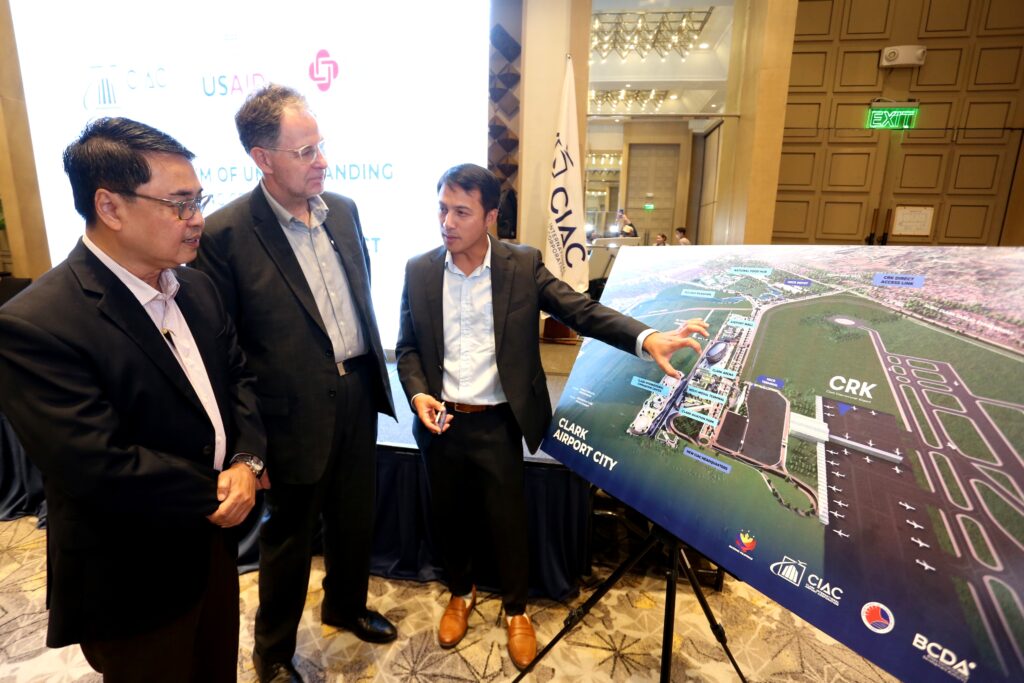
The project is estimated to cost US$152 million via public-private partnership or joint venture mode and expected to be completed in 2028.
Early this year, Malacañang’s Investment and Economic Affairs, headed by Secretary Frederick Go, outlined a list which included food and agriculture as among the key sectors for economic development and priority industries for investments.
“The MOU is our initial move in answer to Secretary Go’s advice to President Marcos, to boost agriculture production, increase post-harvest facilities, improve the food logistical chain which the mega food hub in Clark will soon provide,” Perez said.
The UPPAF was represented by chief of party Dr. Enrico Basilio and was joined by USAID’s deputy director Dr. Eric Florimon-Reed during the MOU signing.
Aside from expert technical advice, the UPPAF will also assist the CIAC in the multi-modal transport planning and development in support of the food hub, along with other flagship projects of the CIAC.

“The mega food hub will have cutting-edge facilities at a prime location in proximity to the Clark International Airport (CRK) with cargo, logistics and warehousing capabilities, plus a distinct advantage by having a seamless road network and a nearby seaport in Subic that allows for the viability of a large-scale agriculture resource operation,” Perez said.
“The project’s success will no doubt increase overall agricultural productivity, revitalize our country’s exports sector, and boost the operations of the Clark airport,” Perez added.
Perez also noted that no less than US Secretary of Commerce Gina Raimondo who visited the Philippines two weeks ago recognized the immense potential of the Philippines, “which is how they left with no less than a billion dollars in investments”.
He added the US official posed a challenge “to capitalize on the historic momentum in US-Philippine relations and to seize new opportunities related to clean energy, digital transformation and the innovation economy, and supply chain resilience.”
“This is everything that the food hub stands for, that is why this project is timely and urgent and aligns with the Marcos administration’s thrust of ensuring our country’s food security and sustainability,” Perez noted.
The Clark National Mega Food Hub will provide a comprehensive range of services such as food warehousing, cold storage, processing, marketing and trading for both local and international markets which are all governed by rigorous research and quality control, he added.
Other flagship projects of the CIAC are the Clark entertainment and events center, the urban renewal and heritage conservation program, the CRK Direct Access Link, the new CIAC headquarters and the site development for the airport’s second runway.

